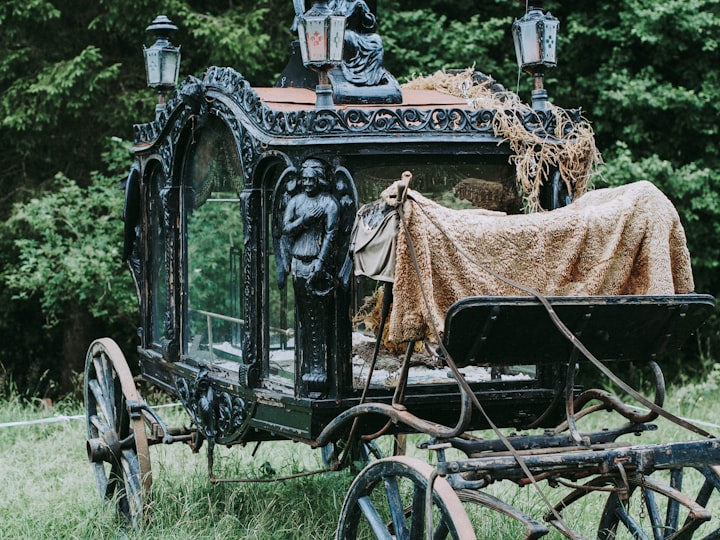Why Heartstopper is important for the LGBTQ+ teens that missed out on teen romance
Heartstopper's representation on gay youths’ understanding of their own experiences and emotions.

In the vast expanse of young adult literature, love stories abound – tales of first loves, heartbreaks, and the difficult journey of self-discovery. However, for many years, a significant portion of the youth population felt that their experiences, especially concerning love and identity, were left out of mainstream narratives. LGBTQ+ representation in mainstream media was generally much more limited and less diverse compared to what we see today. Alice Oseman's "Heartstopper" entered this void, gifting queer teens a relatable love story that many felt was long overdue. Heartstopper is critically essential for LGBTQ+ teens who missed out on traditional teen romance.
Growing up as a LGBTQ+ youth I remember being in my dark room alone watching a gay-themed movie with so much fear of being found out. Not only that, but even finding those movies on the internet felt almost like forbidden. Today we can see shows like Heartstopper in media-giant Netflix being promoted on the front page. LGBTQ+ movies and series no longer feel like forbidden media, they are displayed like they should, just another real story on the experience of being human.
This normalization has shifted the focus on LGBTQ+ stories as well, a few years ago, almost all LGBTQ+ characters faced tragic or problematic storylines, reinforcing negative stereotypes and sending the message to LGBTQ+ teens that there is no other way, it needs to end in a tragic story. Growing up this definitely affected me psychologically because it made me more represented and guilty with my sexuality. I wanted a happy ending like most heterosexual movies. Heartstopper has proven us that we can have real LGTBQ+ stories that don’t need to end in tragic scenarios like suicide. Instead they can show real problems that teens have like insecurity, bullying, fear of not being accepted and lack of support system.
Writers and filmmakers now have a precedent for depicting queer characters in multifaceted and nuanced ways, showcasing a wide range of experiences and emotions. This diversity in representation not only benefits LGBTQ+ youth but also contributes to a richer and more inclusive storytelling landscape.
The impact of Heartstopper extends beyond just the LGBTQ+ community. It has also played a significant role in educating and sensitizing heterosexual audiences about the challenges and joys faced by queer individuals. As readers and viewers immerse themselves in the story of Nick and Charlie, they gain empathy and understanding, breaking down barriers and fostering greater acceptance of diverse identities.
In addition to representation, Heartstopper tackles essential themes that resonate with teens of all sexual orientations, such as friendship, self-discovery, and navigating the complexities of adolescence. The story's universal appeal is one of the reasons why it has garnered such a broad and dedicated readership.
Alice Oseman's creation of Heartstopper as a webcomic also deserves recognition. By utilizing an accessible and digital format, the story became even more widely available to young readers across the globe. It broke the barriers of traditional publishing and reached an audience that might not have had access to LGBTQ+ literature otherwise. This democratization of LGBTQ+ representation has contributed to a more inclusive and connected young adult literary community.
Heartstopper’s positive portrayal of LGBTQ+ characters and the authentic exploration of their experiences has been transformative, offering a message of hope and acceptance to young readers worldwide. Beyond its impact on the LGBTQ+ community, Heartstopper has also influenced the broader publishing and media industry, ushering in a new era of diverse storytelling and breaking down barriers that have long hindered the visibility of marginalized voices. As we continue to move forward, it is crucial to recognize the significance of inclusive narratives like Heartstopper and continue advocating for more diverse representations in media, ensuring that all young adults, regardless of their identities, can find stories that reflect their realities and help them navigate the journey of self-discovery.






Comments
There are no comments for this story
Be the first to respond and start the conversation.